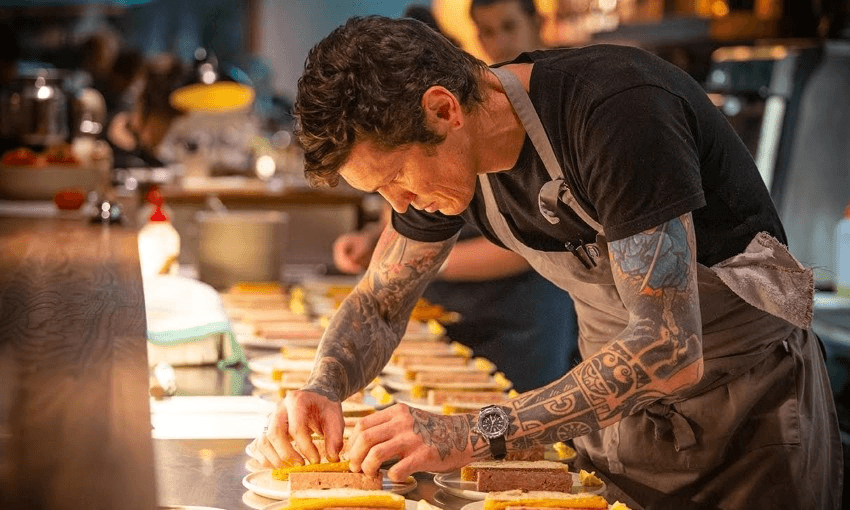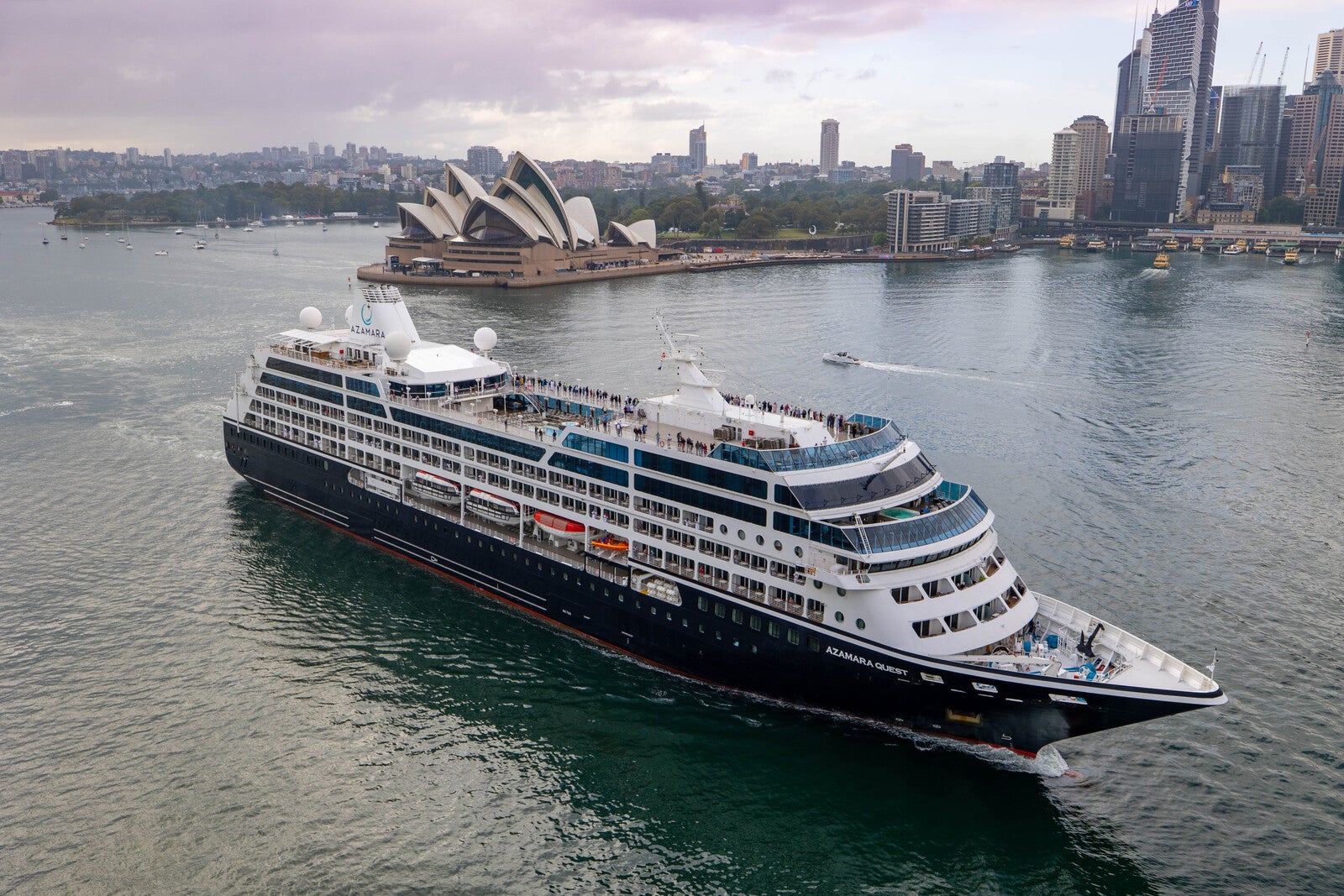A landmark partnership between iwi and Māori health
providers Te Hau Ora o Ngāpuhi, Te Taiwhenua o Heretaunga,
Te Arawa Lakes Trust and Whakarongorau Aotearoa // New
Zealand Telehealth Services marks the next stage of
designing and delivering equitable health outcomes for
priority communities.
The joint venture, called
Taki-o-Autahi, will be signed by the chiefs of each
organisation at a ceremony held at the Waitangi Treaty
Grounds at 9.30am on Friday 12 August. Parliamentary
representatives, regional and sector leaders and kaimahi
from each organisation will be in
attendance.
Taki-o-Autahi builds on the success of the
relationships established by the four organisations over
2021 which has seen the creation of ˜300 jobs, improved
health outcomes for Māori and an injection of more than $15
Million into underserved regional
economies.
Importantly, for the 12 months ending 31
July 2022, the connection with Māori through dedicated
service lines saw kaimahi Māori from the four organisations
answer ˜46,000 contacts and make ˜274,000 outbound calls
to tangata whaiora who had questions or vaccine hesitancy,
which resulted in vaccine bookings 53% of the
time.
The inauguration of the joint venture, using the
Limited Partner Act, acknowledges the full and equal
partnership between the four organisations in their common
vision of improving health outcomes for priority
populations.
Te Hau Ora o Ngāpuhi CEO Tia Ashby says
her organisation’s decision to formalise the partnership
came down to the success shown to date in this by Māori for
Māori approach, delivered with a health partner that is
fully committed to addressing equity issues through the
provision of equitable telehealth services.
“Our
partnership can be described through the whakatauki He ao ka
tui, he ao ka whatu, ka renarena A world is weaved, a world
is sowed, and both are fastened as one.
“Tui and
whatu mean ‘to weave/sew’ and ao translates to ‘world’.
Renarena is to tighten or fasten a piece of thread. In
essence, this whakatauki speaks about the partnership
between the iwi-affiliate and Māori providers and
Whakarongorau that were formed in a time of need and
required high trust to be successful. The willingness of all
parties to come together and collaborate with one goal in
mind, supporting the hauora of Māori, communities and
Aotearoa as a whole speaks to its strength.
“A
pandemic sewed this partnership together but it has shown
many social, health and material benefits. This is a
tremendous opportunity and the economic outcomes we need for
underserved communities like Kaikohe,” says Ms
Ashby.
Te Hau Ora o Ngāpuhi has 115 kaimahi and is
now one of the biggest employers in Kaikohe, with 90% of its
new recruits never having been in employment
before.
Te Taiwhenua o Heretaunga CEO Waylyn
Tahuri-Whaipakanga says the decision to formalise the
partnership was made due to the trust and confidence built
between all four entities who share common goals and
values.
“Taki-o-Autahi shares our organisational
values of kaitiakitanga, whakamana, kotahitanga and
whanaungatanga. These underpin the mahi we have been doing
with our people for the last 35 years.
“Te Taiwhenua
o Heretaunga already has a successful suite of social and
health services, but we see the value in coming together
with likeminded organisations – each with different skills
and knowledge to share – enabling us to extend our
mahi.
“We all have the same goal of improving health
outcomes for tangata whaiora. So far, the work has created
67 jobs in our organisation. This has had an exponential
impact on the financial, spiritual, mental and physical
wellbeing for the individuals employed, and their
whānau.
“I’ve seen kaimahi grow in self-belief.
They’re able to take their increased hauora knowledge back
to their whānau. Some of our kaimahi report that they are
now saving for their first home, and others have elected to
enrol in further education as a result of their
work.
“At a macro level, the future social and
economic benefits of the partnership can extend from
kaimahi, iwi and the partnership, to benefit social health
determinants for Aotearoa,” says Ms
Tahuri-Whaipakanga.
“‘He manu korokī, he manu
whakaokorau’ is a statement that demonstrates we are here
listening to the needs of our people, including those we are
employing,” says Te Arawa Lakes Trust CEO Karen Vercoe
MNZM. E whakaaturia ana e He manu korokī, he manu
whakaokorau” i te kōrero nui kei te whakarongo kau mātou
i ngā hiahia o a mātou uri, ka mutu, te hunga mahi nei,”
te kōrero a Vercoe.
Ms Vercoe continues that flexible
hours and being able to work from home are a good fit for
her staff. Hei tā te Tumu Whakarae o Te Arawa Rotomoana,
tā Karen Vercoe MNZM, nā te pīngore o ngā haora mahi me
te mahi mai i te kāinga tētahi mea whakaratarata i ōna
uri.
“We set up the Waea Mai Call Centre in the
midst of a lockdown. We employed a team of 80 kaimahi that
is 100% Māori. This is a by Māori for Māori initiative,
and it’s a success. I whakatūria a Waea Mai i waenga tonu
i tētahi o ngā rāhui-nui. I hoatu mahi ki tētahi 80
hungamahi, ā, he Māori te katoa. I konei te toa nui,
nātemea anō, nā te Māori, mā te Māori tēnei
kaupapa.
“We pay the advisors at least a living
wage, and this means they can look ahead and start to plan
for the future. The flexible work means kaimahi can fit the
mahi around their tamariki, mokopuna and whānau
commitments. Ka utua rawatia ngā pou-ārahi ki te utu ora,
nā konā te whakarite mai mō ngā rā kei tua. Kei ngā
haora pīngore te ahunga kia whai waahi atu ngā hungamahi
kia tutuki ai ā rātou kaupapa mō te whānau me ngā
tamariki mokopuna.
“Being able to have a friendly
person on the other end of the phone to support our people
and being able to work for an organisation that values their
contribution is both beneficial for the advisor and for the
person calling. The improvement in the hauora of our kaimahi
and the effect it has on whānau and the wider community
cannot be underestimated. He hua nui ki ngā hunga e rua te
mahi kōrerorero ki tētahi reo manaaki, arā anō te
tautoko tētahi ki tētahi, me te mahi mā tētahi ratonga e
rārata ana ki tēnei mahi, meinga rā, ki te pou-ārahi me
te tangata e waea ana. Nā te pikinga o te hauora ki o
mātou hungamahi, te pānga nui ki ngā whānau me te hapori
– me kaua kē e kaupare noa.
“We’re pleased
to be part of Taki-o-Autahi, an exemplary equity-based
partnership to serve our people and develop our staff,”
says Ms Vercoe. E tū whakahī nei i te piringa ki a Taki o
Autahi, ka mutu, te tauira nui o te mahi tahi hei oranga
tātou me te whanake mai o ngā hungamahi,” te kōrero a
Vercoe.
Whakarongoaru Aotearoa // New Zealand
Telehealth Services CEO Andrew Slater says Taki-o-Autahi is
of fundamental importance to the organisation’s remit e
whakawhiwhi ana ki te katoa I Aoteararoa te huarahi kia ora
to give everyone in Aotearoa the opportunity for
wellness.
“We have been on a journey with Te Hau Ora
O Ngāpuhi, Te Taiwhenua o Heretaunga and Te Arawa Lakes
Trust to reach some of Aotearoa’s most underserved
communities. I can only describe this work as
transformative.
“It has shown that when our
respective skills and resources are truly, equitably and
fairly shared, the health and wellbeing of individuals and
whole communities benefit.
“To have the trust of
these three iwi and Māori-led organisations is a privilege
and we will continue to strive to earn it.
“I also
acknowledge the courage of our funders, who have worked with
us and supported us in creating this response and enabling
us to work alongside iwi and Maori-led providers to deliver
this mahi.
“I asked three of our kaimahi Māori what
this mahi means to them. They said: ‘Whakarongorau allows
or embraces iwi Māori as the paramount core of hauora and
understands Māori work better with and alongside Māori;
‘It has created new opportunities and skills opening for
others in the whānau’; ‘Whakarongorau effectively
developing Māori for Māori with the whakatau leading each
whare, living under Te Tiriti o Waitangi ka
pai.’
“We are pleased to formalise the
relationship with this Taki-o-Autahi and look forward to
working alongside our partners as we continue to build work
capability and an environment that normalises positive
hauora, education and career growth for tangata whaiora
throughout Aotearoa.
“There is a real opportunity
here to scale up; to work pokohiwi ki pokohiwi, supporting
the capability of other organisations to deliver broader
health outcomes and social benefits. We hope that over time
more iwi will consider joining this venture,” says Mr
Slater.
© Scoop Media




















Discussion about this post